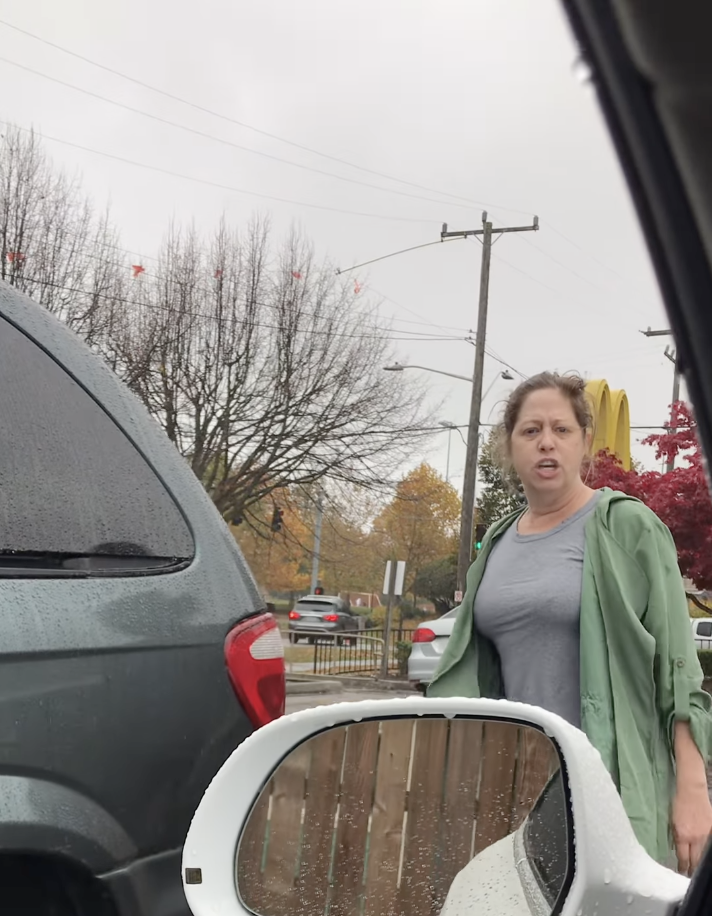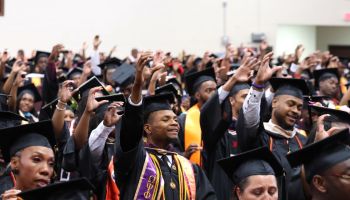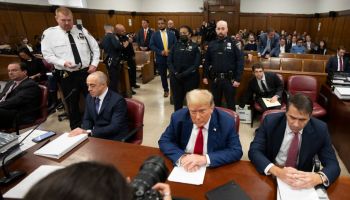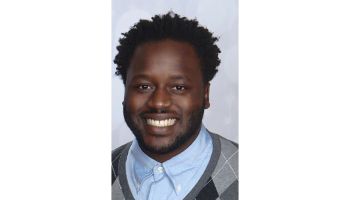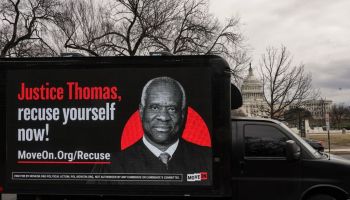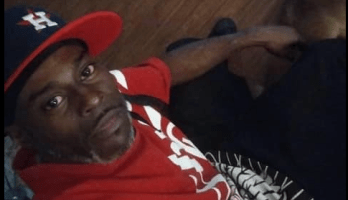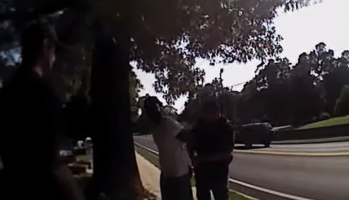America has long condoned violence against Black women, which is why the viral video of a Texas police officer grabbing an unarmed, bikini-clad teenage girl by the hair and slamming her to the ground during a call to a pool party was to many, sickening, but not exactly shocking.
It took little time for the news media to latch onto this latest image of law enforcement brutality, primed by a 10-month-long, grisly parade of news stories of unarmed Black people – mostly men and boys – being killed by police since Michael Brown was shot down in Ferguson, Mo. The outrage that followed was framed largely by the context of the #BlackLivesMatter movement and the activists who protested immediately. However, there’s another context in which some are seeing the McKinney video and what happened to 15-year-old Dajerria Becton at the hands of former police officer Eric Casebolt.
“The reality is that Black women, notoriously, have been brutally treated as hardly human. And that’s a conversation that we don’t often have as a society,” says Ms. Foundation for Women president and CEO Teresa C. Younger, who also issued a statement about the incident on June 9. Hers is among the women’s groups that spoke out within a few days of the McKinney video going viral, to the contrary of criticism that feminist groups were silent on McKinney.
NewsOne spoke with Younger just shy of one year into her tenure as the first African-American in 35 years to head the Ms. Foundation, a women’s rights advocacy group that makes grants to grassroots organizations working on behalf of women and girls, and names Gloria Steinem and Marlo Thomas among its “founding mothers.” (Brenda Brimmer was executive director of the foundation from 1975-1979, and the first Black person to head the organization.) Younger spoke about McKinney, the feminist response to it, the #BlackLivesMatter movement, and the work of the Ms. Foundation, in a recent interview.
NewsOne: Are feminist groups speaking up about McKinney and other cases of police violence against unarmed Black people?
Teresa Younger: I am not sure how people are defining what the women’s groups are, but I think that there have been some women’s groups that have not come to the table yet in conversations. [However,] I would say that there are very few women’s organizations in general who don’t see these issues as critical. And I think [it’s important that we are in] some ways trusting that #BlackLivesMatter, which is led by women of color, [that we are] really trusting that those groups are doing the work that needs to be done.
How formulating partnerships, walking hand in hand in a way that can be most helpful – I think people are still sorting that out. There’s a critique about it and I think people can have that critique. I know we had to [get involved] and Ms. Foundation has been out front.
I have been absolutely concerned and supportive of the #BlackLivesMatter movement. We’re not putting money into the movement…what we are doing is giving recognition that the movement is being headed by women of color, and that women of color’s voices cannot get lost in the conversation. We have to heighten [awareness], through a gender lens, when we’re talking about criminal justice and reform.
NewsOne: How did you feel, as a Black woman, when you looked at the video?
Younger: When I first saw it, I was revolted. I was really sick to my stomach, not because I didn’t know that those levels of violence were happening to women — were happening against communities — but more because my heart broke for that young woman.
[This type of brutal treatment of Black women has happened] for years and years and years, really going back into times of slavery, and even before that. I think what we saw with this police officer, sitting, with a knee in the back of this young Black woman, was so uncalled for. He dehumanized her in a way that he felt comfortable.
So for me there were just words that were going on in my head like, “What have we done, as a whole society, in our music, in our media, inner objectification of women, that we have come to this level in this fully structured civilization that he could treat this young woman as not even human – shoving her into the ground, and holding her down, and not even listening to what she was saying?”
NewsOne: Does speaking out on topics like the #BlackLivesMatter movement represent a shift for the Ms. Foundation?
Younger: I’m the first African-American executive at the Ms. Foundation in two or three decades. So I come to the position as a woman of color, and a Black woman, who really wants to raise awareness around the complexities of our lives. But in reality, the Ms. Foundation has, as an institution, long represented the dynamics of what is happening in communities, particularly immigrant communities and communities of color, and issues [for which the fight has] been headed by women.
So while the media might not see [it in] this latest round of movements from Ferguson, to Baltimore and McKinney, these movements have been driven by women of color.
It’s not new for the Ms. Foundation to have a voice. We’ve had a voice around domestic violence, we’ve had an ongoing voice through our grantees on the ground – 70 grantees across the country — and it’s helping to work on those issues within those communities.
As I sit in this role currently, I feel that we need to not just allow our grantees to hold that space, but to really challenge society, and to leverage the Ms. brand to ask the questions and to challenge what’s going on, and to really make statements.
Women have always been in the front of these issues and women have been historically brutalized in state-sponsored violence. Whether that’s happening in the prison system or on the streets or how people are treated when they are arrested, the Ms. Foundation has worked through our grantees to bring those issues to the forefront.
NewsOne: How has your first year been heading the Ms. Foundation?
Younger: The first year has been amazing. I’ve spent my life doing social justice work, everything from working in youth development with children in urban environments and then moving on to the ACLU and doing work on women’s rights within Connecticut’s Permanent Commission on the Status of Women. So I feel that getting to the Ms. Foundation has been a lifelong step of being able to elevate and ask questions and develop programs that are really affecting our communities throughout the country.
My first year I spent nine months traveling around the country to over 35 cities and I’ve traveled over 25,000 miles, talking with people on the ground about what they are working on and what they see as issues in their communities. [We’ve discussed how] Ms. can be most beneficial and had conversations around feminism and being a feminist — what that really looks like.
As communities and movements, we need to be much more connected in the work that we’re doing and the role that Ms. can play, to really change the idea that the Ms. Foundation is wealthy White women in this movement. The reality is that in every movement across the country right now there are women and women of color who are leading those efforts and adding their perspective to it.
NewsOne: Which achievement during your first year are you most proud of?
Younger: That as foundation we’ve been able to bring to light some conversations that were not happening, and add a gender lens.
We’ve been in conversations for months with the NFL about how the cultures of sexism and violence are perpetrated throughout the NFL and what needs to happen in their roles of leadership to transform society. I’m not pointing out any one person [at the NFL], but looking at the institution. I’m very proud of that work.
PHOTO CREDIT: Ms. Foundation for Women
SEE ALSO:
Roland Martin Calls On Feminist Groups To Speak Up On McKinney Abuse
Eric Casebolt’s Lawyer Says Cop Apologizes, Acted Out Of Emotion At McKinney Pool Party
